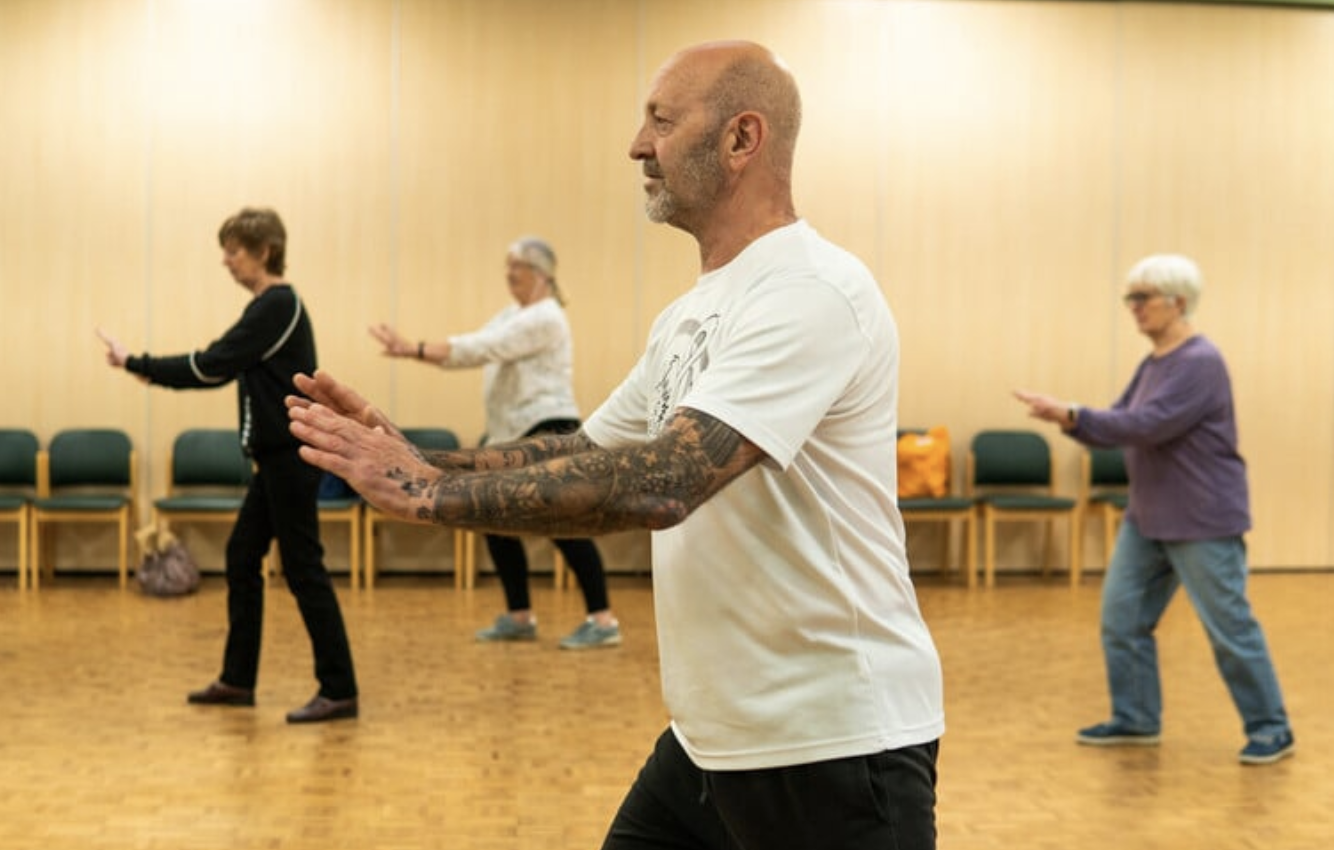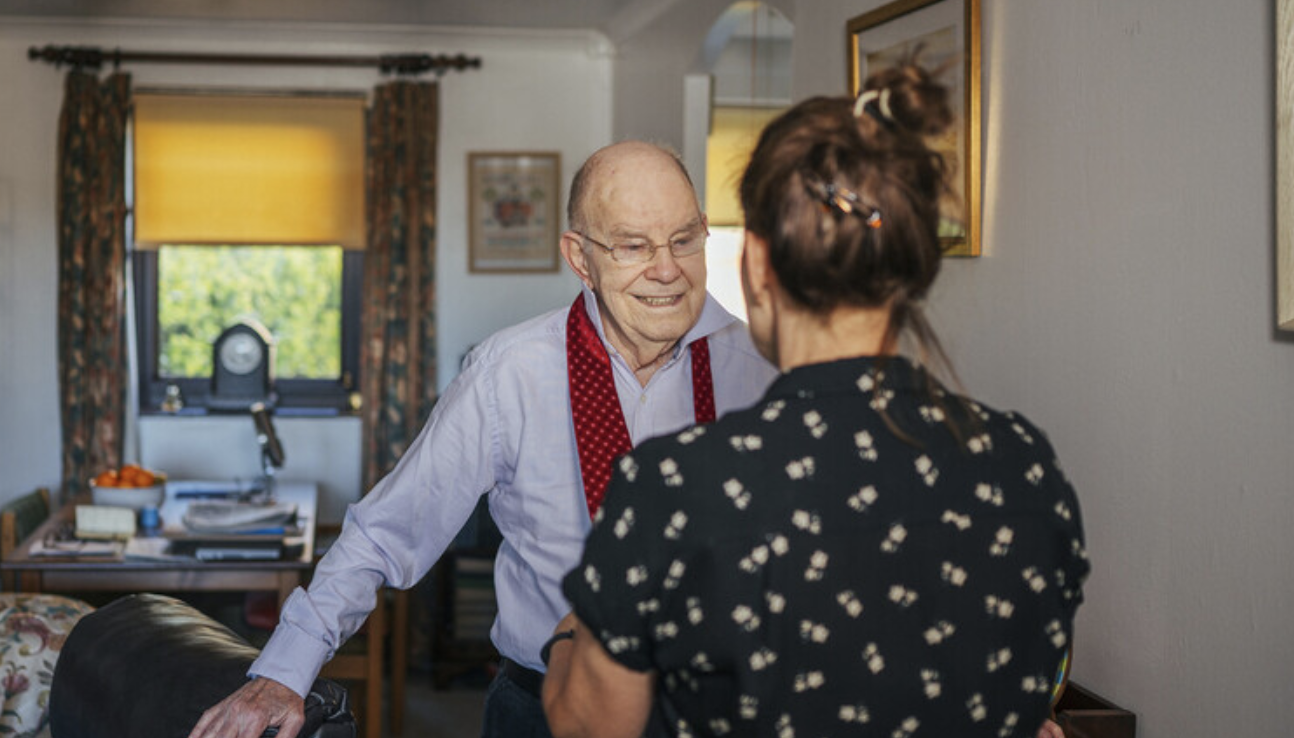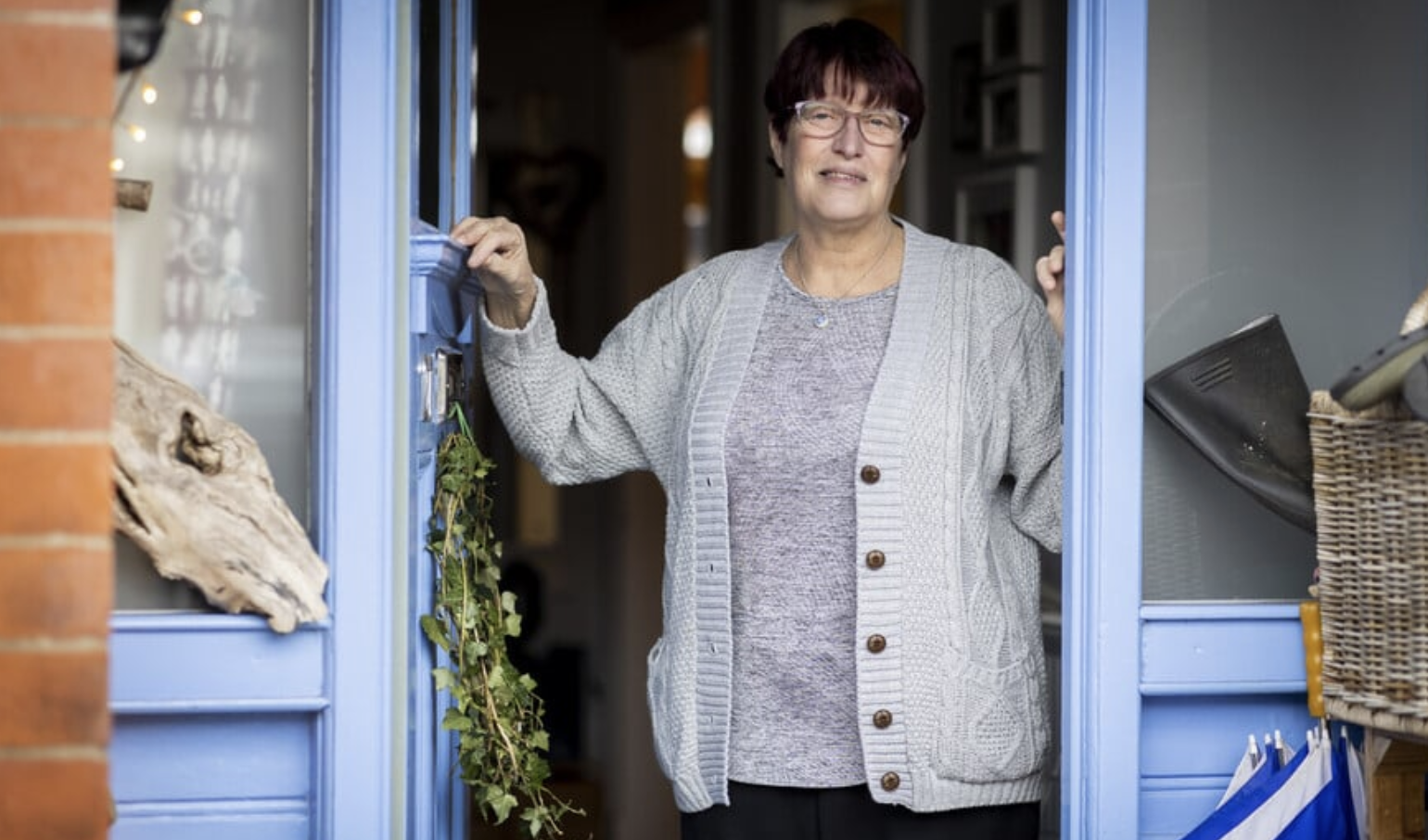-
Five Years of “U-Work”: Flexibility meets agility at Unilever

Michèle Dennison of ProAge explains the concept of U-Work, which reimagines the employment relationship.. and how it could transform the employment of older people.
-
Connecting LGBTQ+ communities through housing

Tonic Housing opened the first LGBTQ+ retirement community in the UK in 2021. Tony Watts OBE asks Bob Green, their Head of Operations, how housing can bring the generations together.
-
How can the retirement housing sector achieve its full potential? By adding life to our years.

If the specialist later life housing sector is to play its full part in housing our ageing society, argues Tony Watts OBE, more developers need to focus more on how we age healthily.
-
Remaining economically active may be critical… but is it achieveable?

Many of us are looking to remain economically active into our 60s and 70s, and the UK urgently needs this labour and skill pool. But are employers doing enough to enable that to happen? By Richard Collinson, CEO of Retire Easy
-
Six ways to look after your brain after 50

Is there anything you can do to stop getting dementia? It’s a fair question, writes Professor June Andrews.
-
Breaking down age silos – the role of Employee Resource Groups

Building intergenerational understanding and collaboration can unlock empathy, innovation and resilience, writes Michèle Dennison, guest blogger at ProAge.
-
NCF responds to the government’s NHS 10 Year Plan

July 2025 saw the launch of the NHS 10-year plan. Vic Rayner, CEO of The National Care Forum (NCF) – the leading association for not-for-profit social care – argues that, while welcoming the plan, “adult social care needs to be at the heart of this new world”.
-
Opening new doors by sharing your home

For those who prefer to remain in their own homes but would welcome company and occasional assistance, sharing one’s home might provide a very workable solution. By Tony Watts OBE.
-
Does the housing sector really listen to the voice of older people? And why does it matter?

Tony Watts OBE lead a discussion recently at a Housing LIN’s South West Leadership Set awayday on how to magnify the voices of older people. This is a precis.
